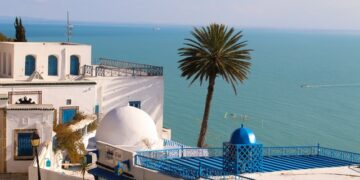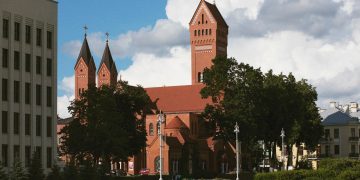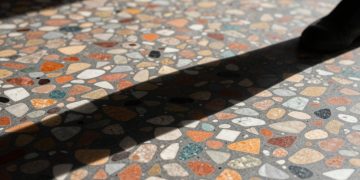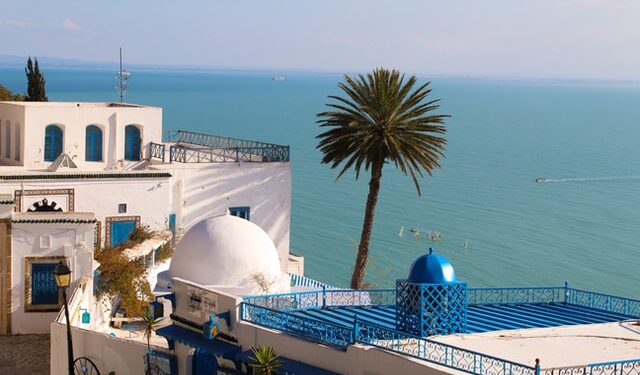While Libya postponed its long-awaited elections by just one month, without giving time for a new Constitutional construct, Tunisia is planning to draft a new Constitution in 2022 before the elections. The dates of the road map are not casual. President Kais Saied announced a constitutional referendum next July 25, which coincides with the Tunisian Republic Day and the day that he consolidated his power suspending the Parliament until further notice. The legislative elections have been announced instead on December 17, which coincide with the anniversary of the revolution, changed by the president from the day of deposition of Ben Ali to the day of immolation of Bouazizi, to make clear that what must be celebrated is the uprising, not the deposition of the old regime, to which also Saied belonged.
To have a Constitutional draft before elections is always a good path as set the rules to which all parties agree to respect. Which is also why the neighboring Libya going to elections next month without before set a constitution is still a big risk. But when the Constitution will be redraft by a President that sacked the government and suspended the parliament, citing an “imminent threat” to the country, and that President will run for the Presidential elections, as it will probably happen in the Tunisian case, there is something worrisome. We have seen a similar process in Egypt with Al Sisi, and Tunisia seems on the same path: moving to cement one man rule.
When a state of exception because of some “emergency situation” is called by a democratic government is never a good thing. When this happen in a mature democracy, like it was for Italy and other European countries during the pandemic crisis, with a centralization of powers by the governments, the result is an erosion of parliament rights and a reinforcement of the central government, but all this has to be temporary. When this happen in a fragile and still in transition democracy, like Tunisia, the risk of going back to dictatorship, or at least a big regress on the democratic path, is evident.
The point though is that many people in Tunisia support this President moves because they feel the Revolution with the following governments, failed to give what they wanted with the Arab Spring, “freedom and dignity”, meaning not only elections but economic rights and the development of a prosperous and inclusive society that a democracy should bring. Neither one of the political elites elected in these years gave the prosperity promised: not the moderate Islamic party of Ennahda with his religious figures elected since 2011, not the secular Nidaa Tounes with Essebsi and the others since 2014, not the outsiders elected in the last two years, under the Covid crisis.
The new democratic party system until now has not worked well in Tunisia, not delivering what people expected. It is normal with governments that often last few years because of the fight among newborn political parties (that didn’t have the possibility to grow under a dictatorship). But this is not only the problem of young inefficient political parties or corrupted politicians. It is also the lack of democratic preparation by the people: instead of voting for programs they voted for the leader, their identities, and their values. This cause governments to start already on an inefficient platform, looking more to ideology and power than to performing. Therefore, a new “government of the President” that will fight the structural corruption of the political parties and will gradually give civil society the time to grow towards a more mature party system is not necessarily a bad thing. It depends how much space will the president give for this. Actually he also announced “national consultations” on the Constitution since January to March, when citizens will be able to submit suggestions online in a platform (yet to be defined).
Democratic transitions are never short. They take many years if not decades and sometimes these transitions go backwards, before to go forward again. In fact, Tunisia seems once again transforming itself into a more autocratic state, but this is not necessarily bad in the long run. Transitions can be done gradually and slowly, by enlightened autocratic regimes, instead of opening space all of a sudden to unprepared parties that will fall into corruption and inefficiencies. For Tunisia, like for many other transitions that will happen in Africa not only in the Arab world, there will be a need of visionary political leaders. These “unifier figures” will be able to form coalitions and inclusive governments, in order to do those reforms needed in a consensus way, and give the economic rights, not only political ones, desired by populations under autocratic regimes for long time.





















































